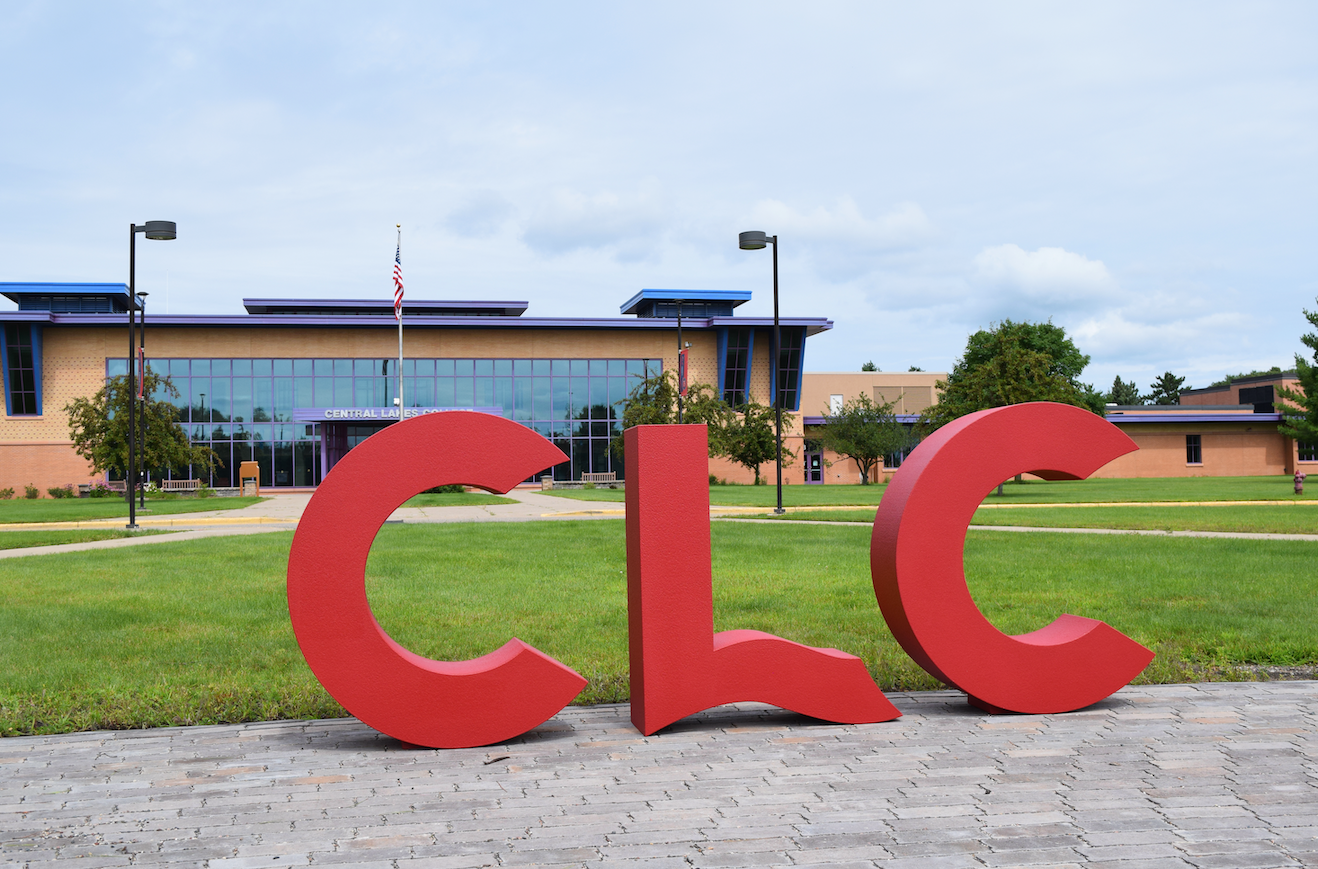 A
Agroundbreaking plan to help ensure that high school graduates are ready for
college, head to fulfilling careers, and can begin college-level courses
earlier was presented Wednesday to the Minnesota State Colleges and
Universities (MnSCU) Board of Trustees. Developed by Brenda Cassellius,
Commissioner of the Minnesota Department of Education; Larry Pogemiller,
Director of the Office of Higher Education; and MnSCU Chancellor Steven
Rosenstone, the plan outlines a set of initiatives that would: 1. Enable more
high school students who are prepared for post-secondary education to take
college-level (community college, technical college, and university) courses
earlier; 2. Provide targeted academic support in high school for students who
are not on track for being ready for post-secondary education; 3. Develop a
statewide approach for the K-12 and higher education systems to assess academic
aptitude, career interests and work skills of high school students; 4. Better
inform students, parents and teachers about career options and occupational
market trends; and 5. Improve mapping of student passions, interests and
aptitudes with the most appropriate post-secondary programs.
“This plan is about ensuring our youth have the tools
necessary for success,” Cassellius said. “PK-12 preparation needs to meet
the future workforce needs of Minnesota. We must make sure that all Minnesota
high school students are engaged in their personal success and graduate ready
for postsecondary education.”
necessary for success,” Cassellius said. “PK-12 preparation needs to meet
the future workforce needs of Minnesota. We must make sure that all Minnesota
high school students are engaged in their personal success and graduate ready
for postsecondary education.”
Postsecondary education includes one- or two-year certificate or degree
programs in a technical field through baccalaureate and graduate degrees.
The leaders propose that all students in grades 9, 10 and 11 would be assessed
for their readiness for postsecondary education. The assessment would
gauge not only academic preparedness, but work readiness, skills, interests and
aspirations and would be used to help identify the best postsecondary education
path for students, they said.
The plan also calls for all high school students to complete a career interest
inventory and receive information about careers that match their aptitudes and
interests. Results of the inventory would be used by students to create a
personal plan that would identify courses, work-based learning and a
postsecondary education path to reach their goals.
“This effort is aimed at helping more students attain quality
credentials and degrees,” Pogemiller said. “The objective is to better position
students for a future of lifelong learning and success.”
credentials and degrees,” Pogemiller said. “The objective is to better position
students for a future of lifelong learning and success.”
“By 2018, 70 percent of all the jobs in Minnesota will require some
post-secondary education. If Minnesota is going to remain globally competitive,
we simply must help ensure that every high school student is on track to pursue
the education they need for the jobs of the future,” Rosenstone said. “By working
together, in new ways, we can better meet the needs of students, businesses,
and communities across our state.”
 CLC News The news and events from Central Lakes College
CLC News The news and events from Central Lakes College



